Things were just different back in the 1950s and ‘60s. Whether it was a better time for kids is up for debate, but their upbringing was certainly much different than the experience of children today. This list reveals 17 things ‘50s and ‘60s parents did that are socially unacceptable today.
Letting Children Ride Without Seatbelts
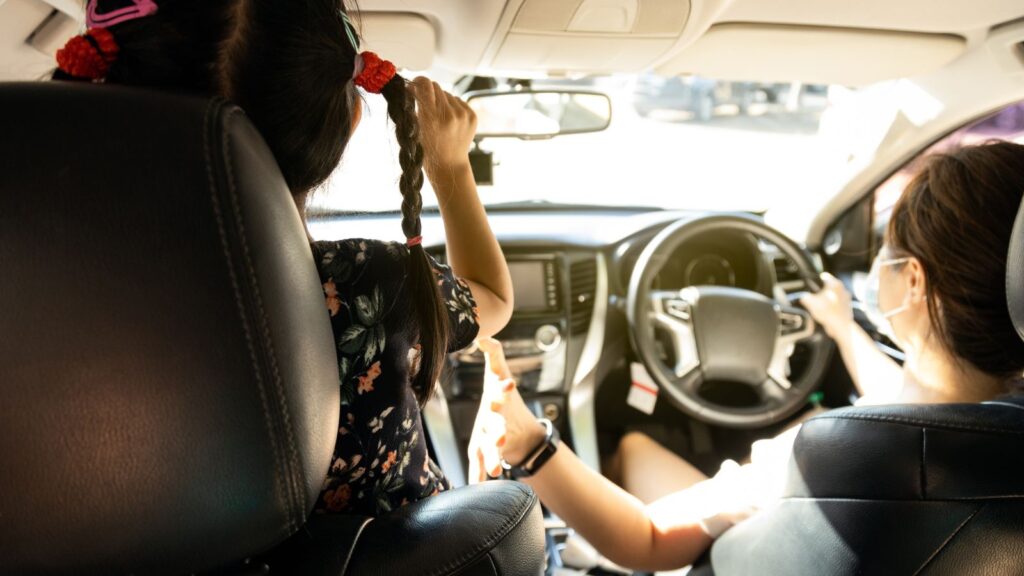
Just a few decades ago, it was fairly common for children to ride in cars without having their seatbelts fastened. Not only is this socially unacceptable today, but it’s also illegal in the U.S. and most other countries around the world. It’s hard to argue against this change being for the better, as it has undoubtedly saved thousands of young lives.
Encouraging Kids To Start Working At A Young Age
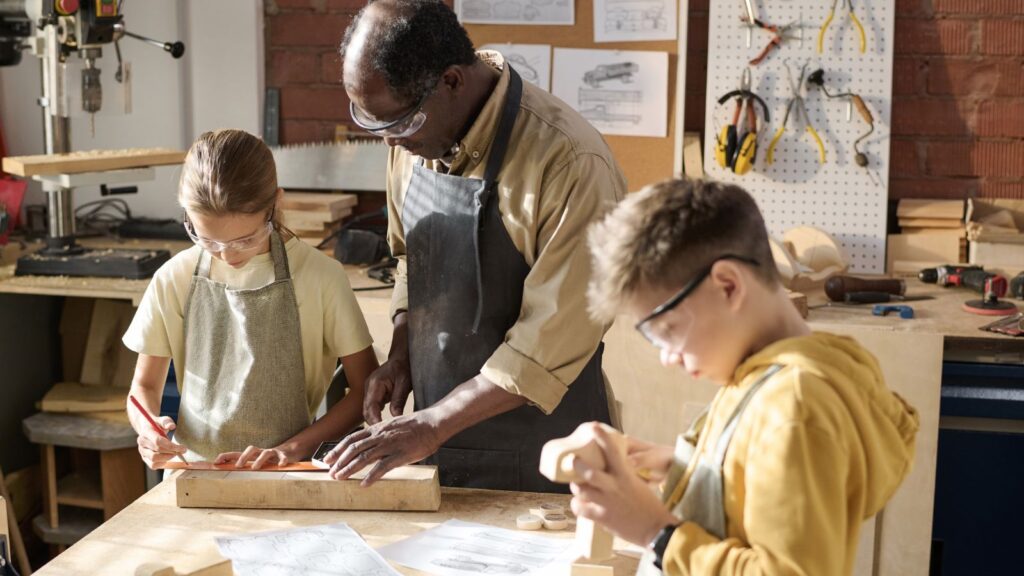
Back in the ‘50s and ‘60s, it was seen as fairly normal for parents to start making their kids work to support their families from a surprisingly young age. But today, there are various child labor laws that prevent kids from doing many kinds of jobs and limit the hours they can do them.
Using Physical Discipline

If you grew up in the 1950s or 1960s, you’ll know that many kids had the unfortunate experience of being spanked, smacked, or hit in other ways as a form of punishment. In the modern world, we’re more aware of the emotional damage these punishments can do, which has made them much less acceptable and prevalent.
Less Supervision Over Children
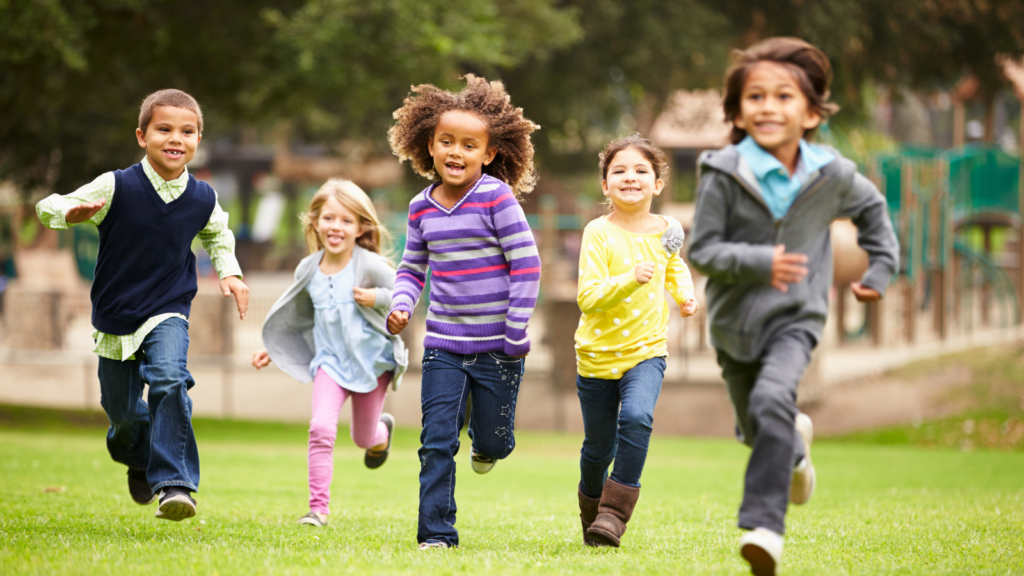
A few decades ago, a lot of kids were allowed to freely roam the neighborhood, go to the park, or visit their friends unsupervised by adults. While some people continue to allow their kids some degree of freedom, there aren’t many who feel comfortable leaving their children unattended for that long anymore.
Early Introduction To Solid Foods
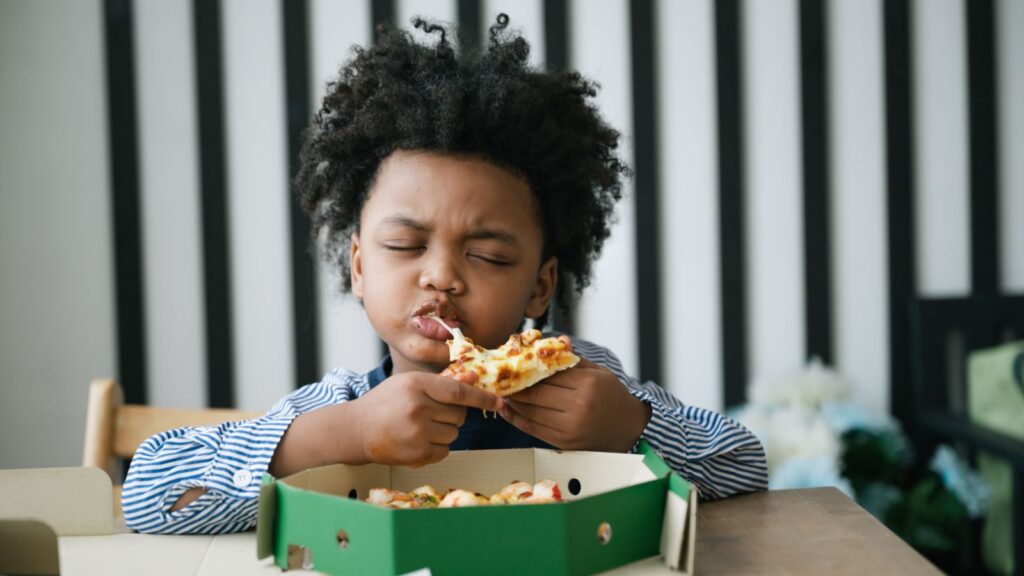
In the ‘50s and ‘60s, parents commonly introduced solid foods to their infants at a significantly earlier age than is recommended today. We now know that doing this too early can increase their risk of choking, diarrhea, and many other health problems. For this reason, it’s important to wait until around six months to begin introducing age-appropriate solid foods.
Smoking Around Children
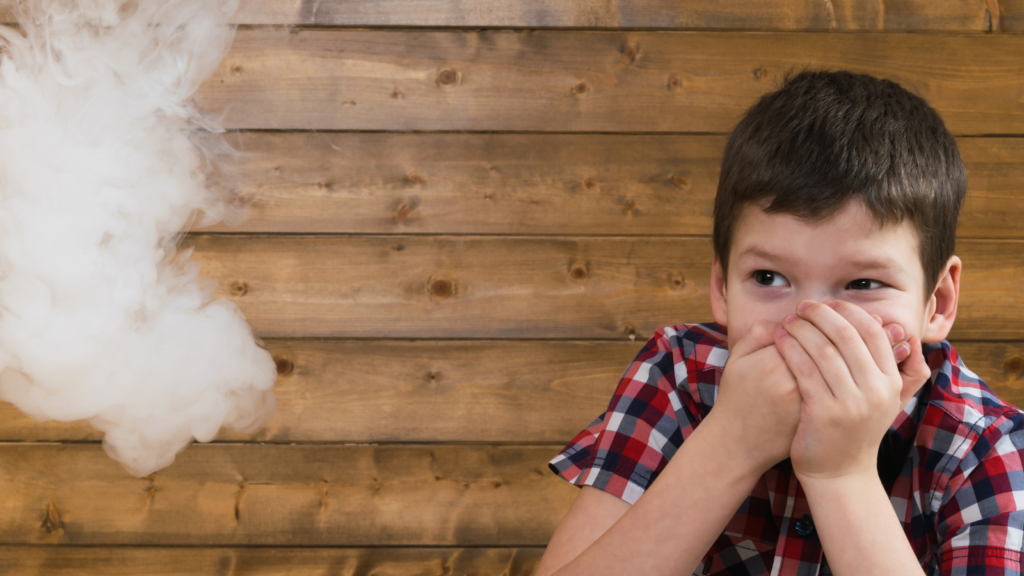
Smoking around kids is a huge no-no in the 2020s. A study published by the National Institutes of Health proves that kids exposed to smoking have a higher risk of developing asthma and pneumonia, among other health issues. But just a few decades ago, people were much less aware of how harmful secondhand smoking can be. This meant that it was quite common for people to smoke indoors, even if children were present.
Gender-Specific Roles

Back in the ‘50s and ‘60s, it was a lot more common for parents to encourage their kids to be gender-specific from a young age. By contrast, parents of today are generally more likely to allow their kids to explore their individuality and gender expression freely without worrying about whether it conforms to the role of their biological sex.
Minimal Involvement In Education
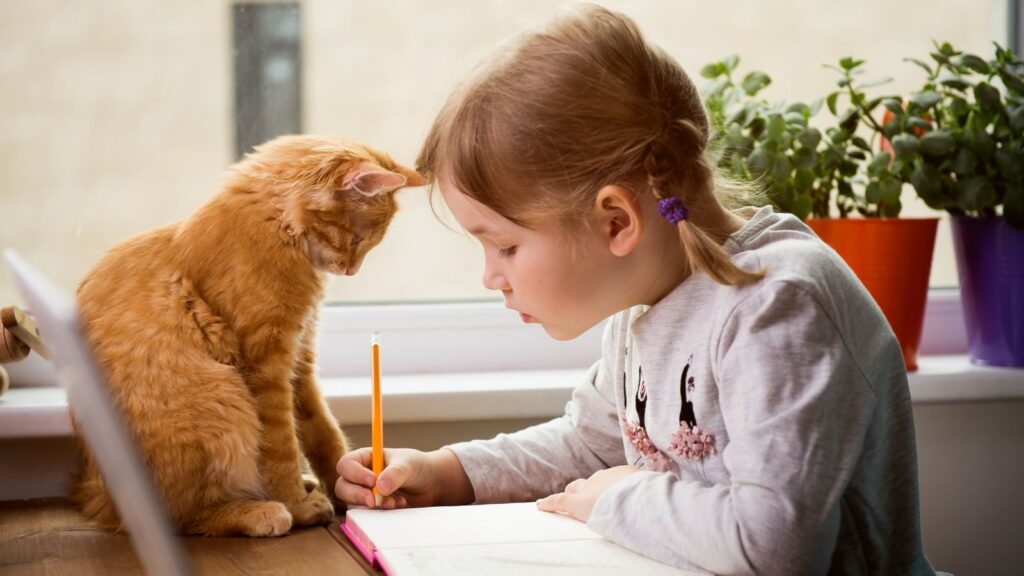
Decades ago, many parents had a fairly hands-off relationship with their kids’ education, preferring to leave the matter to their teachers. However, in today’s world, people see parental involvement as being much more important to their kids’ academic success and overall well-being.
Ignoring Mental Health
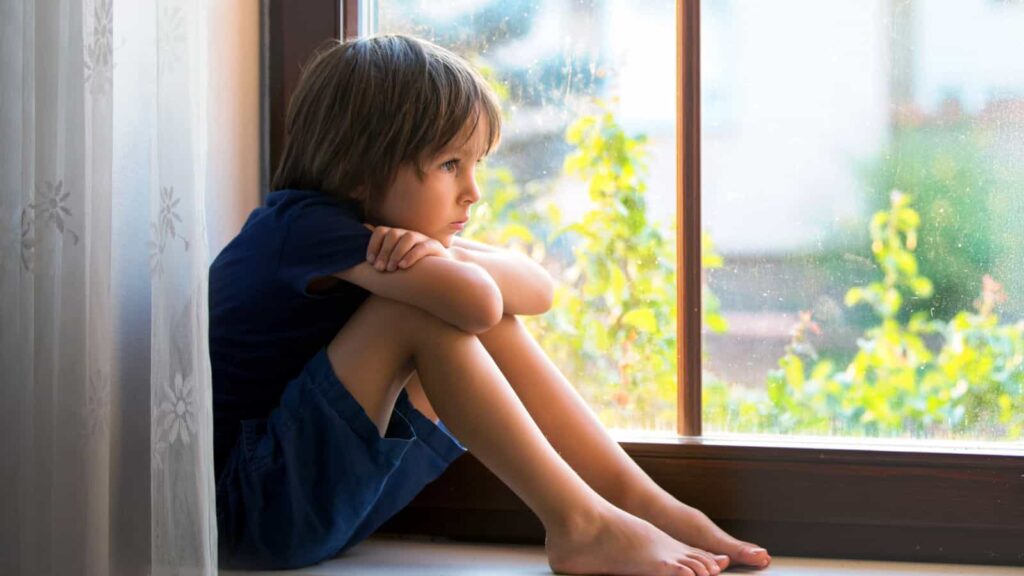
Speaking of well-being, most parents today are all about ensuring that they have a good understanding of their children’s mental health and will take the steps to get them any support they need. But not long ago, parents were much more likely to dismiss these issues as insignificant and unimportant to their child’s success and happiness.
High Expectations For Respect And Obedience

Sometimes, parents in the ‘50s and ‘60s had the unfortunate habit of prioritizing respect and obedience in their kids above all else. While they may have thought this was the best thing for them at the time, we now know that it’s important to encourage healthy and open communication and reasoning with your kids rather than demanding unquestioning respect.
Encouraging Children To Play Outside Alone
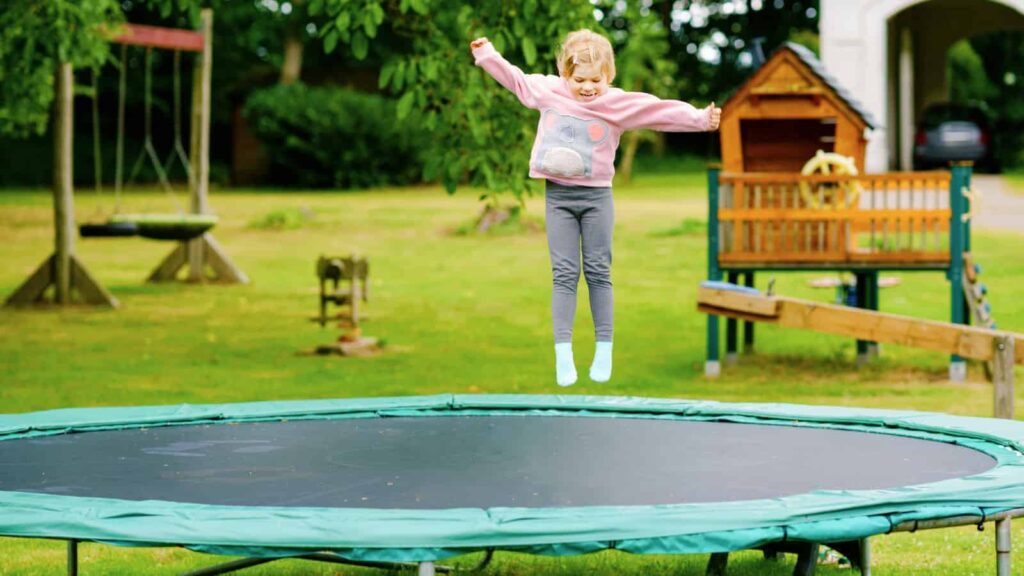
Parents of the ‘50s and ‘60s were definitely onto something with getting their kids to play outside so much, but the decision to allow them to play by themselves unsupervised may not have been such a good idea. Today, people are much more safety-conscious and worried about leaving their kids alone for long periods of time.
Casual Attitudes Toward Sun Exposure

The Skin Cancer Foundation states that regularly using sunscreen can significantly decrease your risk of developing cancer as well as skin damage. But in the 1950s and ‘60s, parents were much less aware of just how damaging the sun and sunburns could be to their child’s long-term health, meaning they often spent many unprotected hours under the sun.
Minimal Emotional Support
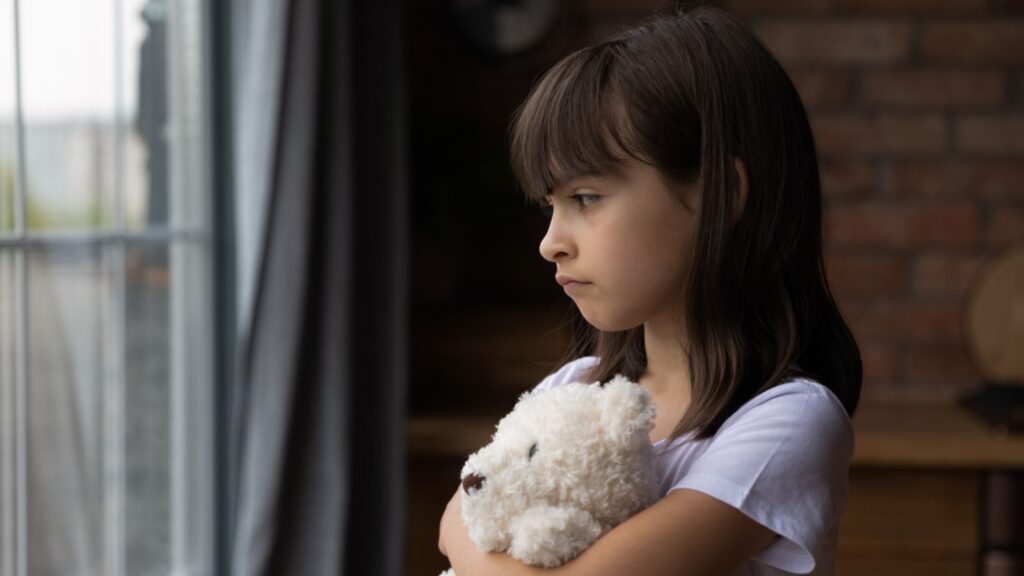
Kids, and boys especially, didn’t always get as much emotional support as they needed when growing up in the 1950s and ‘60s. In fact, their tears and negative emotions were often met with people telling them that “boys don’t cry” or to “man up.”
Rigid Bedtime Schedules

A few decades ago, many parents were much stricter about bedtimes and other schedules than they are today. While this could help them gain a sense of routine and discipline, people today see that it could also be too restrictive and unaccommodating for children’s individual needs.
Expecting Adult-Like Behavior

In the mid-1900s, a lot of parents expected their children to behave like little adults at social events and gatherings, with manners and graces to match. But today, people are more likely to prioritize a child’s need to be a kid, allowing them to play and explore freely without feeling overly restricted.
Avoiding Discussions About Race And Diversity

Unfortunately, a few decades ago, people were much less likely to engage their children in discussions about race and diversity. This often perpetuated issues of ignorance and perceived difference, leading to a less inclusive environment. On the other hand, today there is much more focus on educating children on the importance of inclusion, diversity, and open-mindedness.
Giving Children Aspirin

As noted by the Mayo Clinic, children who take aspirin could be at risk of developing Reye’s syndrome, as well as numerous other unwanted side effects. This is why it’s recommended that no one under the age of 16 should take it. However, back in the ‘50s and ‘60s, people were much less aware of these health risks, meaning they often freely used it to treat fevers and pains in kids.
Up Next: 17 Phrases Older People Use That No One Else Gets

Each and every generation has its own phrases and sayings that separate it from the rest, and the boomers certainly have plenty. Discover 17 popular boomer phrases that aren’t often used today and what they mean. Maybe you’ll want to bring some of them back!
17 Phrases Older People Use That No One Else Gets
People Who Don’t Show Empathy Usually Have These 18 Traits

The world would be a better place if everyone had a little more empathy. But sadly, in reality, some people show much less empathy than we’d like. Here are 18 traits of people who don’t show empathy.
People Who Don’t Show Empathy Usually Have These 18 Traits
The 17 Unhappiest States in America

The US has hit an all-time low position in the World Happiness Index, tumbling to 23rd in 2024. However, it’s important to remember that location is an important factor; many US states are very happy, unlike the following 17 US states that appear to be the most unhappy.

